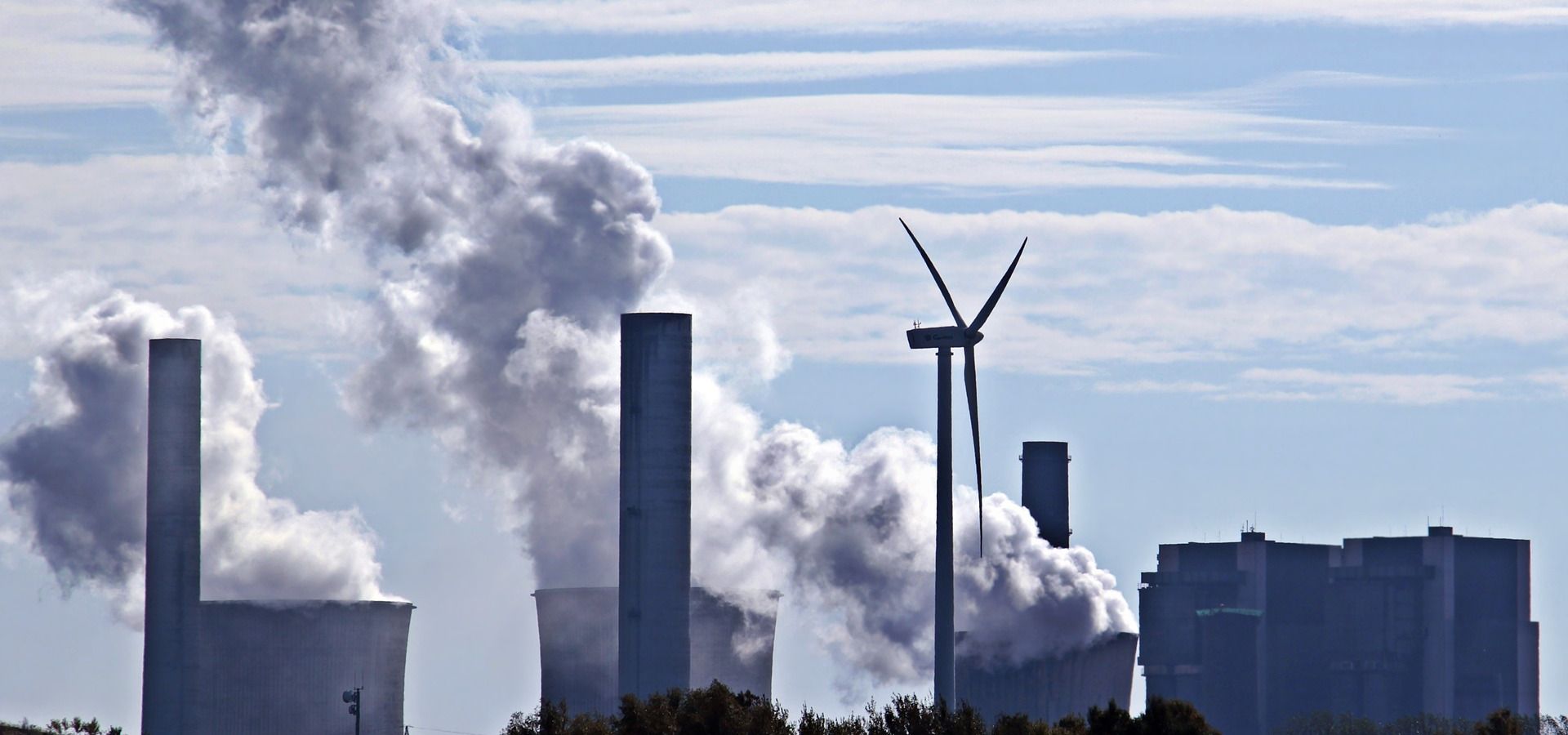Anybody following the Czech political debate about the future of the energy sector here must be confused. Sometimes it seems we have woken up back in 1985. Martin Sedlák attempts to give a sense of the current context of that debate.

The Czech government is planning to strengthen nuclear power in order to decrease the local coal sector (Public Domain)
“Solar barons” and policy problems
Within the EU, the Czech Republic has long been among those states whose politicians are sceptical about climate change policy or increasing the share of renewables in energy production. There are several reasons for this attitude, but the main one is the nature of the country’s initial experiences with support schemes for renewables.
Previous administrations never managed to establish good conditions for the development of solar energy. The error was not in the amount of support available, but in the lack of annual targets for how much energy a given type of renewable was to produce. During 2010, therefore, there was a sudden increase of about 1 500 MW worth of capacity available from newly-installed solar parks.
Today Czech consumers’ annual electricity costs include roughly EUR 1 billion in support for all types of renewables, while that same amount of money is also contributed to the sector from the state budget.
For the Czech Republic, the scale of this expenditure is enormous. Unfortunately, when a scapegoat was sought to explain state deficits, it became renewable technology, with photovoltaic cells described as the main culprit. The most frequent argument against the further development of renewables here is the remark that we already contribute more than EUR 2 billion to them annually. The Ministry of Industry and Trade remains deaf to the fact that renewables today are cheaper than nuclear and is simultaneously preparing the conditions for the building of new nuclear reactors.
To complete the picture of the Czech context, we can probably best understand the problem if we remember what Czech President Miloš Zeman recently said in a live interview for the public broadcaster Radiožurnál. Zeman referred to a group of people (who, in his view, have harmed the Czech Republic) by calling them “economic assholes” (a direct quote), and included solar energy entrepreneurs among them (using the colorful label “solar barons”).
Retro-energy and our Russian friends
It is the government that is responsible for Czech energy policy, not the head of state. But after the introduction of direct presidential elections, the current head of state, Miloš Zeman, began to proactively exceed the limits of his office and to push the development of nuclear and coal.
Expertní tým pana prezidenta jednoznačně podpořil jadernou energetiku a její další rozvoj. Své místo v energetickém mixu mají nadále mít i tradiční elektrárny, např. uhelné. Tým v této souvislosti podpořil prolomení limitů.
— Jiří Ovčáček (@PREZIDENTmluvci) October 20, 2018
Zeman founded his own expert team on energy, comprised of current Industry Minister Marta Nováková, former Industry Minister Tomáš Hüner, and the president of the Czech Chamber of Commerce, Vladimír Dlouhý (another former Industry Minister). His permanent adviser on energy Martin Nejedlý , has close ties to Russia (in the past, for example, he was a representative of the Russian firm Lukoil). Zeman even brought Nejedlý – who surprisingly has never undergone a security vetting – to a meeting with Russian President Vladimir Putin. According to the Czech media, Nejedlý also met with representatives of Rosatom in Russia, and the weekly RESPEKT reported that building new nuclear reactors in the Czech Republic was the subject of those meetings.
The most recent findings from Zeman’s expert team were released in October. The presidential spokesperson summarized those findings on Twitter: “The President’s expert team unequivocally supports the further development of nuclear energy. Traditional electricity production, e.g., by coal, should also continue to have its place in the energy mix. In that context, the team supports removing the existing limits to such production.”
Given the role played by the presidential advisers, their uncritical support for new nuclear reactors should not be surprising. Furthermore, Zeman has raised the subject of coal mining limits several times, always to argue in favor of expanding them.
Nevertheless, the government’s program declaration states that the territorial limits on coal mining – which are protecting the towns and villages of North Bohemia from being razed to the ground – will be respected. It is, therefore, unclear whether the opinion of the other presidential advisers on this issue is shared by the adviser who is also currently a member of the cabinet.
Czechs overwhelmingly want renewables, not nuclear
The Czech energy sector has been at a standstill for some time now, and the highest representative of the state feels the need to support the technologies that symbolized energy production during the 1980s.
Czech society, however, does not reject modern energy production
A 2018 sociological study found that 81 % of Czechs assessed solar and wind as least harmful to the environment. On the other hand, coal was assessed by 71 % as most harmful. Nuclear is considered harmful by 24 % of Czechs, while 34 % believe it is safe. However, 71 % of respondents believe the relevant authorities are not providing enough information about the safety of nuclear power plants.
Similar results were found by a survey published in October on Czech public opinion about modern energy production, i.e., renewables or batteries, by the Modern Energy Union (Svaz moderní energetiky). Almost 80 % of respondents are in favor of further development in this branch, with strong support for it among the younger Generation.
The data show, therefore, that the development of modern, environmentally-friendly energy resources is supported by Czech society. The question is whether Czech political representatives will notice.
Martin Sedlák is program director of The Modern Energy Union (Svaz moderní energetiky), the Union contributes to national debates in Czech Republic. He is as well an author for the Blog Aktuálne.cz.